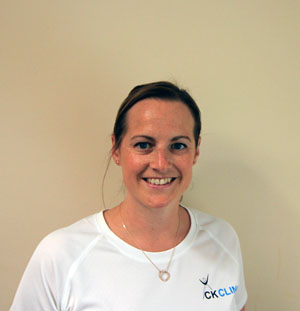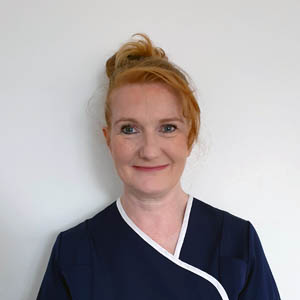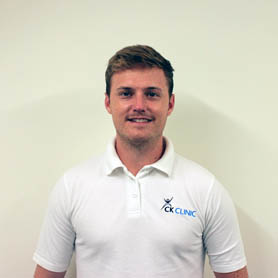Fees
Podiatry initial assessment including treatment (45 minutes) – £60
Podiatry follow up (30 minutes) – £50
Nail surgery £325 including follow ups
Verruca dry needling £150
Basic nail cutting initial assessment including treatment (45 minutes) – £50
Basic nail cutting follow up (30 minutes) – £40 with podiatrist £35 with foothealth practitioner
Foothealth practitioner assessment including treatment (45 minutes) £50
Foothealth practitioner follow up (30 minutes) £40
Unsure who to book with? Please call us on 01249 324166 and we will be happy to guide you to the right clinician.
Nail Surgery Information
Nail Surgery is removal of part or all of a nail for therapeutic benefit.
We offer two Nail Surgery Procedures – a Partial Nail Ablation – which involves removal of part of a nail and a Total Nail Ablation – which is removal of a whole nail.
The Procedure
The toe will first be numbed with local anaesthetic. A tourniquet will be applied to the toe so that it does not bleed. The nail or section of nail will be removed and a chemical (phenol) will then be applied to prevent regrowth.
Dressings
On the day of the procedure a large dressing will be applied to the toe, which must be kept on and dry for 48 hours. Beyond this you can change the dressing for a smaller, non adhesive dressing daily. Dressings must be kept dry – if it gets wet, change it.
Due to the chemical applied to the toe, the wound will likely not dry out for around 4 weeks. It should be covered with a dressing until the wound is completely dry. Complete healing may take 8 weeks or longer.
You will need to provide your own dressings for redressing at home.
Risks
• Regrowth of the nail – Nail Surgery is >90% successful
• Infection – as with any wound there is a risk of infection
• Bleeding post surgery – if this occurs apply additional sterile gauze over the existing
dressing and elevate your foot
• Pain
• Numbness
• Phenol burn
• Weakened nail plate
• Allergic reaction
Benefits
• Long term solution to a painful or problematic nail
• You can usually resume normal activities and wear your usual footwear shortly after the
procedure
• Once healed there will be no ongoing need for antibiotics or pain relief
On the Day of the Procedure –
• The procedure is likely to take between 20-40 minutes
• Remove any nail polish before the procedure
• Bring suitable footwear to accommodate the initial bulky dressing e.g flip flop / sandal –
you can return to your normal footwear once this initial dressing is removed (after 48hrs)
• While your toe is numb your car insurance may be invalid – please arrange for a lift home
• Do not have any other local anaesthetic 24 hours before or after the procedure – e.g at
the Dentist
• If you are asthmatic or require any other acute medication please bring this with you
• Rest for the remainder of the day after the procedure
• Avoid Aspirin for 24 hours after the procedure as this may encourage bleeding
• Avoid contact sports and swimming until the wound has dried out
Usually follow up appointments are at 4 and 8 weeks. Should you experience any concerns before this time though, please inform us and we will see you as soon as possible.
Please feel free to ask any questions before the procedure.



